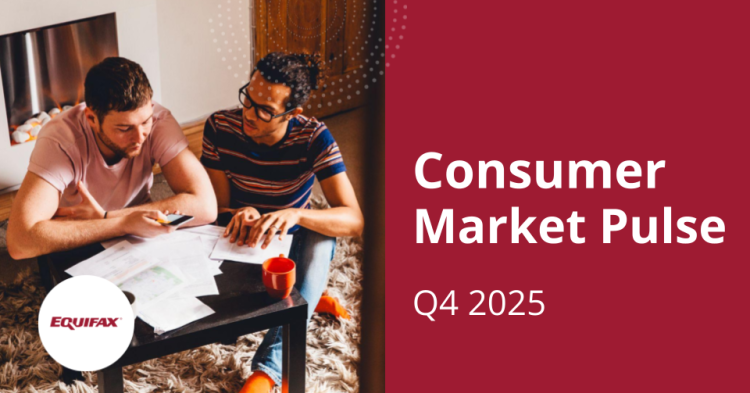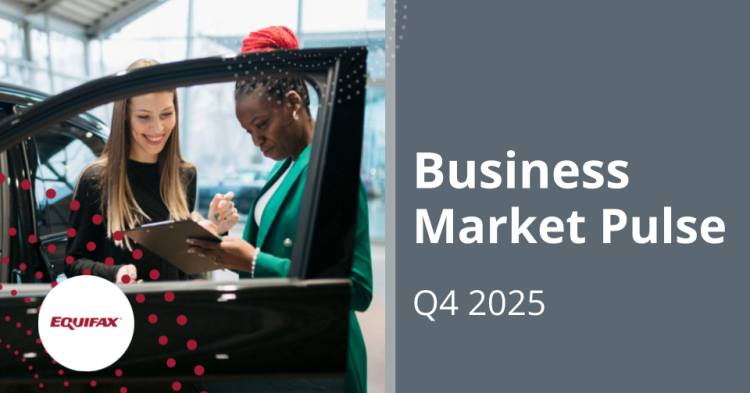
MELBOURNE, Thursday, 9 August 2018 – Victorians are highly receptive to conversion to solar power, battery storage and electric cars, with consumers increasingly looking to convert their homes and vehicles to alternative energy, according to new research from Equifax.
According to the research, conducted by ReachTel, around a third of Victorian homeowners currently use solar panels to generate power in their homes, with solar panel usage higher in mid-to-lower density and regional areas (44%). Of those taking up solar panels, households with children are up to 50 per cent more likely to adopt this method of power supply.
The uptake of battery storage, on the other hand, is not yet common in the state. Close to nine-in-ten respondents with solar panels say they don’t have batteries to capture their solar energy, citing the high cost associated (63%) and lack of information on the products (21%) as the key barriers.
However, of solar power owners, those likely to install batteries are 85 per cent more likely to be driven young professionals and 42 per cent more likely to live in high-density dwellings.
Thomas Macaulay, Head of Utilities Segment at Equifax said: “While battery storage doesn’t currently offer the return on investment to make it worthwhile to price-conscious families, it seems the appeal is growing.
“Despite the current low penetration, we expect the uptake of battery storage amongst solar panel owners to grow considerably and become a strong market over the next few years as prices drop. Our research showed that almost half (48.8%) of solar panel owners are likely or very likely to install batteries in the next three years, meaning an additional 269,000 homes in Victoria alone could have battery storage by 2021,” Mr Macaulay added.
In addition to being open to alternative energy, Victorians are proving to be cost-savvy, with 80 per cent of consumers willing to share renewable energy if they see the savings.
Katherine McConnell, Founder and CEO of Brighte, which offers on-the-spot finance for energy innovations like solar and batteries, said: “We’ve seen a significant increase in the number of Australians interested in adding alternative energy upgrades to their home since our inception in 2015, and we don’t expect this trend to slow anytime soon.
“The energy sector is primed for disruption from new product innovations, and the demand is real. Australians are ahead of the world with solar uptake and have a strong drive to control energy costs - both through producing their own energy and sharing it in return for cost savings on their bills.”
One new energy option that has experienced limited take-up to date is electric cars, with only 3 per cent of Victorians currently owning an electric car. However, even with a limited offering at hand and the high cost associated, 31 per cent of people say they would be likely to consider a fully electric car if they were to purchase a vehicle in the next three years.
Mr Macaulay said: “It’s clear that Victorians are looking to be more energy conscious with their household power sources, and there is huge potential for growth in the distributed energy market with interest and demand expected to increase rapidly over the coming years. For vendors in this space to flourish as the sector changes, it’s important to research and understand the different segments, as well offering tailored, cost-effective packages.”
All statistics are based on Equifax data and analysis completed in May 2018.
Related Posts

Mortgage demand hits four-year high as a second consecutive quarter of double-digit growth for credit cards is observed and most prominent among younger Gen Z’s.

The latest Equifax Business Market Pulse for Q4 2025 reveals a multi-speed recovery. Large businesses are leading the way on credit demand growth, with an observed increase in overall demand reaching heights of up to +19.4% (trade credit) in some sectors, such as hospitality.
